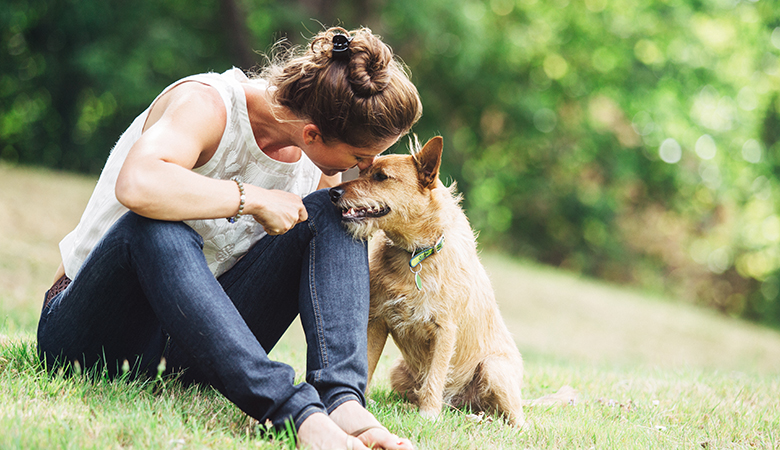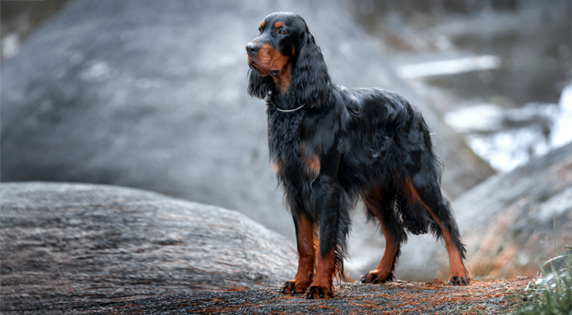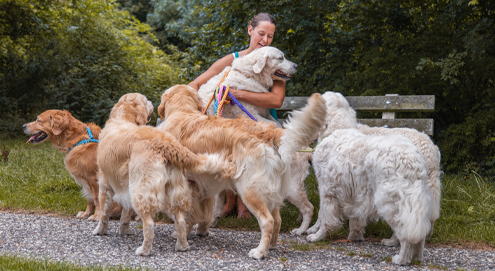
Which dog breed suits me?
There are now more than 350 recognised dog breeds, each with its own unique characteristics—and that’s exactly what makes them so fun! From Great Danes to Chihuahuas, every breed has its own charm. Many people choose a dog based on its size. However, size says little about a dog’s character, and therefore not whether it truly suits you. Of course, it might not be the best idea to choose a Saint Bernard if you live in a small apartment.






